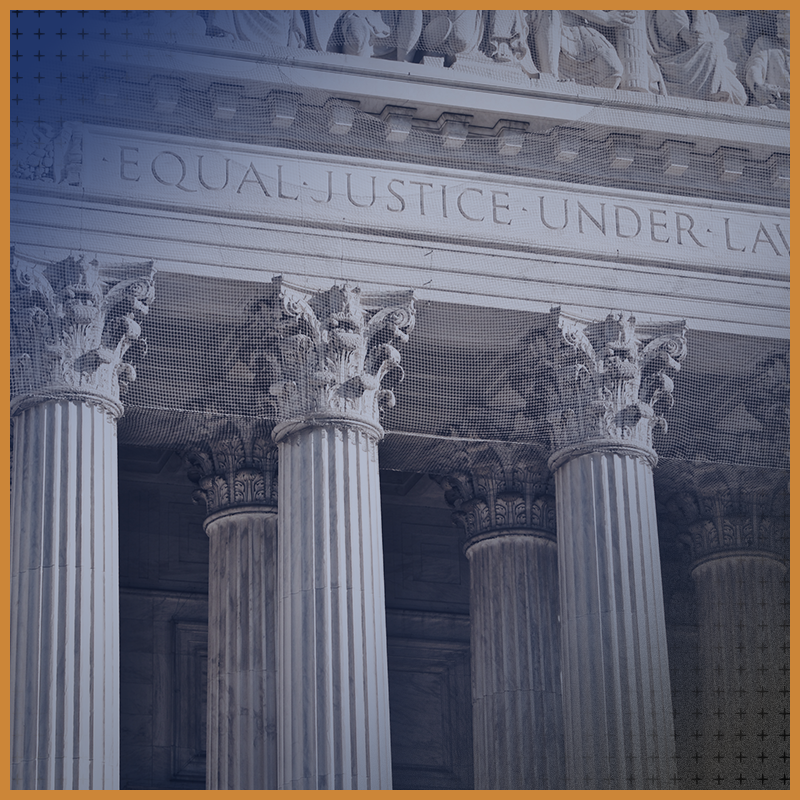
Monmouth County Appeals Lawyer
Understanding Appeals in the Monmouth County Court System
To appeal a case in Monmouth County, there must be an order that qualifies for appeal. In New Jersey, appeals as of right can be made to the Appellate Division for final judgments from the Superior Court or Tax Court, summary contempt proceedings (excluding those from Municipal Court), and most final decisions of state administrative agencies after exhausting all remedies. Appeals may also arise from agency rulemaking or specific legal provisions allowing an appeal.
The New Jersey Supreme Court only accepts appeals as of right under specific conditions, such as a constitutional issue, a dissenting opinion in the Appellate Division, a death penalty ruling, or explicit legal authorization. Other appeals require a petition for certification, and interlocutory orders—such as those granting partial summary judgment—are generally not immediately appealable.
In addition to appeals, prerogative writs, such as writs of mandamus and prohibition, serve as extraordinary legal remedies but are rarely granted unless significant legal deficiencies are evident. The basis of any appeal is an error in the lower court's ruling. Appellate courts typically review errors raised during the trial, except in cases of substantial public interest. Errors are classified as "plain" when unraised at trial and "harmful" when objected to. A reversal usually requires showing that an error likely led to an unjust outcome, creating reasonable doubt about whether the jury's decision was influenced by the mistake.
If you believe your conviction was unfair, don’t give up. Our experienced Monmouth County Appeals Lawyer is ready to review your case and fight for a second chance. Call (848) 207-2709 now or contact us online for a consultation!
Appeals in the Administrative Process
Courts generally review agency and governmental decisions under an abuse of discretion standard, meaning they will only reverse a decision if the appellant proves such abuse. Agencies must provide clear and complete findings of fact for appellate review, and if they fail to do so, the case may be sent back for further fact-finding. When an appellant challenges a factual finding, the court assesses whether it was reasonably reached based on credible evidence, giving deference to the fact-finder’s judgment on witness credibility. An appellate court will not overturn an agency's decision unless it is shown to be unreasonable, arbitrary, capricious, or in violation of legislative policies.
What are Common Grounds for Filing an Appeal?
To successfully appeal a conviction or ruling, there must be valid legal grounds. A Monmouth County appeals attorney carefully reviews trial records to identify potential errors that could lead to a successful appeal. Common grounds for appeals include:
- Legal Errors: If a judge misinterpreted or improperly applied the law, the appellate court may overturn the decision.
- Ineffective Assistance of Counsel: If a defendant's legal representation was inadequate and negatively impacted the outcome, the conviction may be challenged.
- Prosecutorial Misconduct: If prosecutors engaged in misconduct, such as withholding exculpatory evidence, the verdict may be called into question.
- Insufficient Evidence: If the conviction was based on weak or insufficient evidence, an appeal could result in reversal or modification.
- Improper Jury Instructions: If a judge failed to provide accurate instructions to the jury, it could be grounds for appeal.
- Violation of Constitutional Rights: If a defendant's constitutional rights were violated at any stage of the trial, the appellate court may intervene.
Each case is unique, and a Monmouth County appeals lawyer tailors legal arguments to the specific facts and circumstances of the case.
What to Expect During the Appeals Process?
An appeal is not a retrial but rather a request for a higher court to review a lower court’s decision for legal errors. The process involves thorough legal analysis and persuasive arguments, often focusing on procedural mistakes, misinterpretations of the law, or violations of due process.
The appeals process in New Jersey follows specific steps:
- Notice of Appeal: The appellant must file a notice of appeal within the prescribed timeframe, typically within 45 days of the trial court’s decision.
- Preparation of the Record: The appellate court reviews transcripts, evidence, and other relevant documents from the lower court proceedings.
- Briefs and Legal Arguments: A Monmouth County appeals lawyer submits a written brief outlining legal errors and why the decision should be reversed or modified.
- Oral Arguments: In some cases, attorneys present oral arguments before appellate judges, answering questions and clarifying points raised in the briefs.
- Appellate Decision: The appellate court may affirm the ruling, reverse it, remand the case for further proceedings, or order a new trial.
What is The Role of Legal Representation in Appeals?
Legal representation plays a pivotal role in the appeals process, particularly in Monmouth and Middlesex Counties. Engaging an appeals lawyer who is familiar with the local courts and understands the specific requirements of appellate law is a significant advantage. They are not only adept at identifying potential grounds for appeal but also skilled at presenting them in a compelling manner.
Appeals require thorough preparation, with attorneys often collaborating with experts to support their arguments and provide additional context. This preparation extends to reviewing trial transcripts, gathering new evidence where permissible, and developing persuasive briefs. By understanding the intricacies of appellate advocacy, legal representatives can increase the chances of a successful outcome for their clients, ensuring that any legal errors made during the initial trial are adequately addressed.
Why Choose Law Offices of Carlos Diaz-Cobo for Your Appeal in Monmouth County?
Law Offices of Carlos Diaz-Cobo provides a wealth of experience in handling appeals within Monmouth County, backed by comprehensive knowledge of local court systems and regulations. Our commitment to personalized service ensures that each client receives tailored legal strategies to effectively address their unique challenges during the appeals process.
Choosing Law Offices of Carlos Diaz-Cobo means benefiting from a dedicated team prepared to advocate for your rights in the appellate courts. By employing thorough research and skilled legal arguments, we aim to achieve favorable outcomes, guiding clients through every step with clarity and support to ensure their case is presented powerfully and persuasively.
The Law Offices of Carlos Diaz-Cobo is experienced and committed to successfully defending individuals in appeals. Call the Law Offices of Carlos Diaz-Cobo at (848) 207-2709 or reach out online.

When facing serious criminal charges, you need a relentless, trial-ready defense. As a Certified Criminal Trial Lawyer and award-winning attorney, Carlos Diaz-Cobo has the experience, reputation, and courtroom skill to fight for the best outcome in your case.
